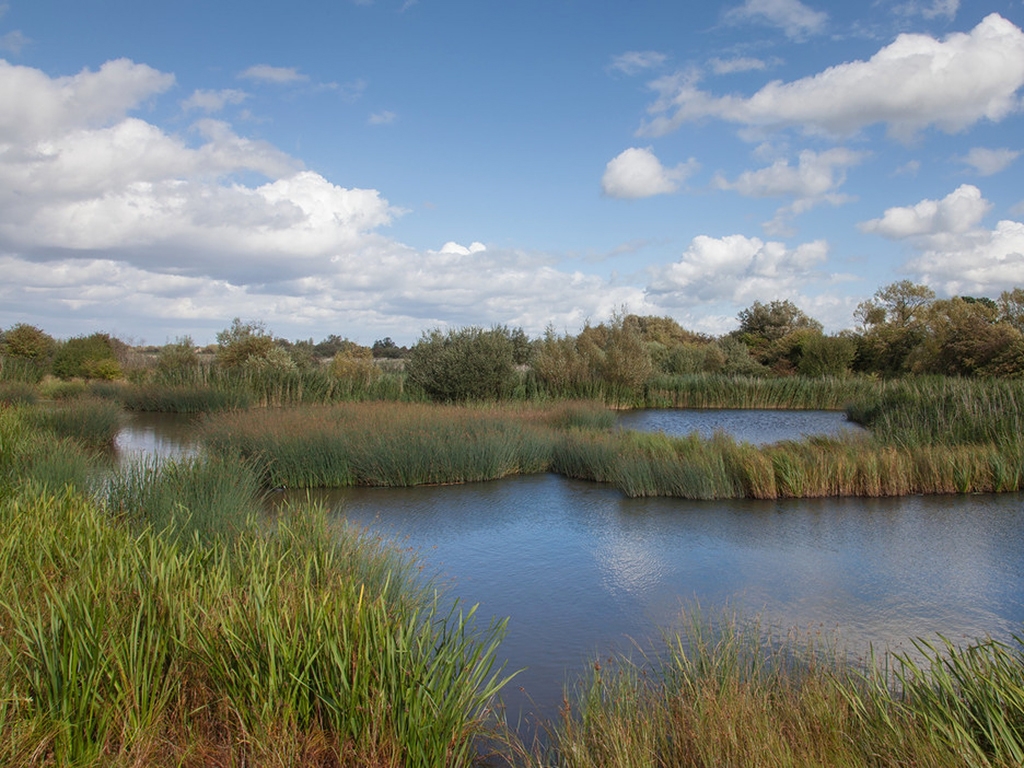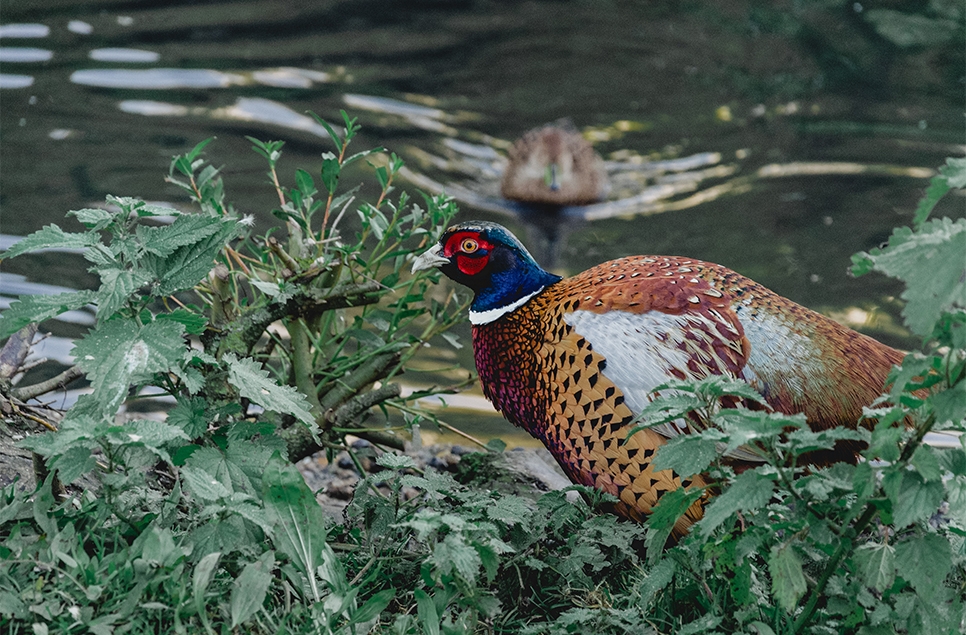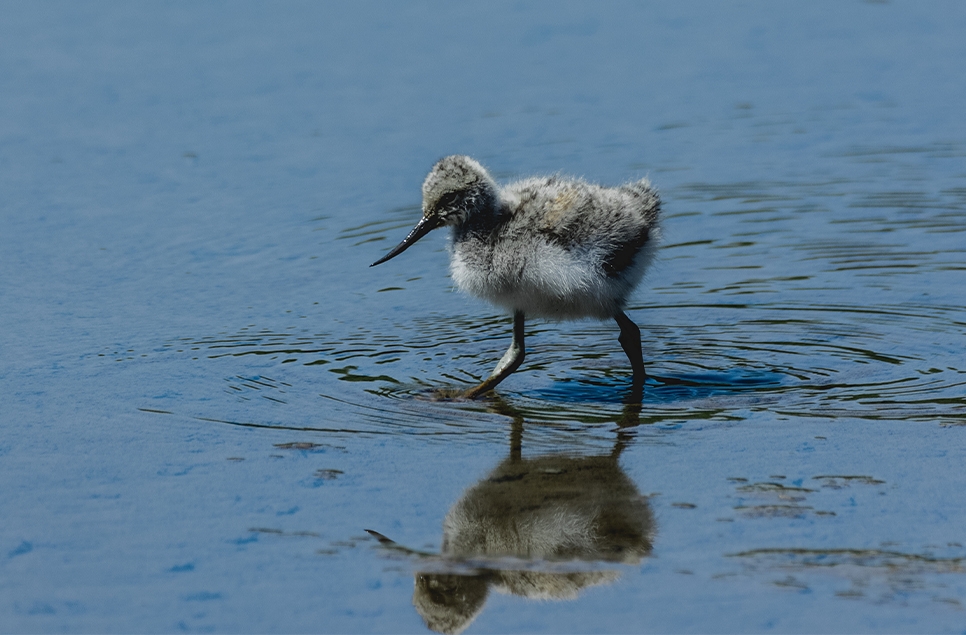Avian Influenza - updated restrictions
WWT is urging everyone who owns birds to keep supporting national efforts to reduce the spread of avian influenza.
The H5N8 strain of the virus has never transferred to humans. But it has caused many deaths in wild and farmed birds across the UK in recent months.
Amended national Prevention Zones for all of England, Scotland and Wales come into force from March 1st to April 30th. Anyone who owns or farms birds should follow those links for more details of the action you need to take. If you live in England, you also need to look at the DEFRA map to see if you are in a higher risk area, where greater restrictions are in force.
In Northern Ireland, restrictions in force since January are yet to change. DAERA’s renewal/amending date is 16th March.
WWT continues its intense surveillance for avian influenza at our 10 sites across the UK. Our sites act as a barometer for the incidence of avian influenza in wild birds across the nations and regions.
We have only seen around a dozen cases nationwide over four months, among hundreds of thousands of birds. This shows cases in wild birds are extremely few and far between. But it only takes one infected bird to create an outbreak, and the consequences are pretty horrible for birds, as well as causing great personal or financial distress for those who own or farm birds.
So if you visit a WWT wetland centre, you will see we are taking the threat very seriously. We have disinfectant mats at entrances and exits. We are taking all practical steps to separate wild and captive birds (our flamingos have been inside their houses since December but are doing well). We have suspended hand feeding by visitors where appropriate.
We’d like to say a big thank you to everyone who has helped to reduce the risk of transmitting H5N8 on footwear and equipment, including all our members and visitors, and local bird owners and farmers. We can’t stop the disease, but everyone’s continued vigilance will undoubtedly help to reduce the risk of it spreading to more birds.


